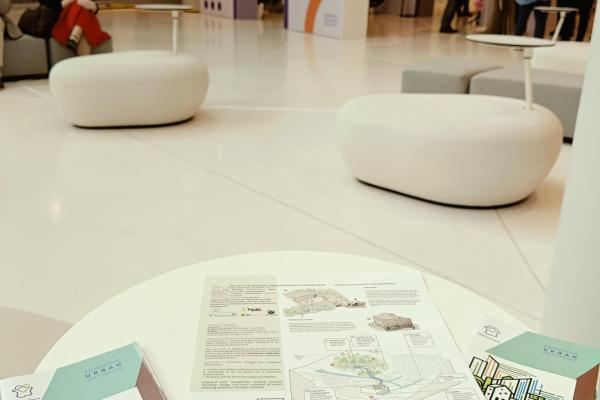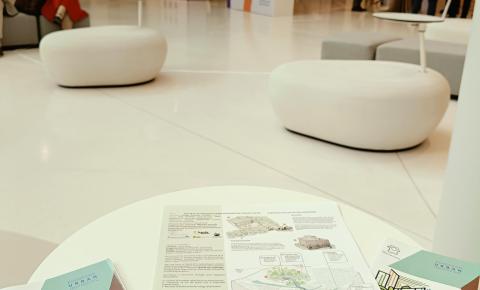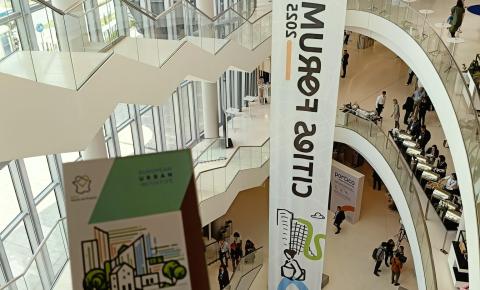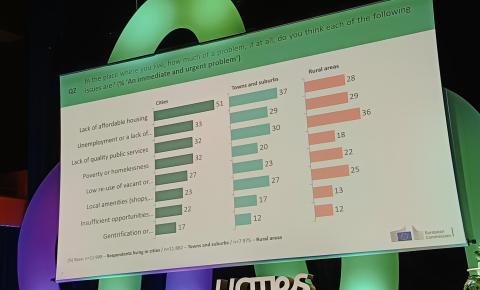
NatUR-W at Cities Forum 2025!
Held from 17 to 19 June in Kraków, Poland, the forum provided an excellent opportunity to present the project's progress in implementing Nature-Based Solutions (NBS) for sustainable water management and urban regeneration. Through presentations and networking opportunities, NatUR-W shared experiences from the Lorca pilot project and strengthened collaboration with other EU-funded initiatives.
The forum held in this city commenced by addressing the pressing challenges that Europe faces, with particular emphasis on urban areas, given that they are projected to accommodate the majority of the European population. The discussions also centered on engaging and collaborating with urban stakeholders, including local and municipal authorities, policymakers, and practitioners in the field.
Following the opening ceremony, participants convened for the initial session focused on funding sustainable urban development. This session covered various pertinent topics, including financial support for city development and assistance for the myriad challenges encountered within urban environments.
In the afternoon, attendees conducted a site visit to the Wesola neighborhood, wherein discussions on sustainable tourism unfolded, particularly regarding a project aimed at transforming a previously unused health facility into a vibrant center for local culture, thereby enhancing its inclusion in the city's tourist itineraries.
The second day commenced with a session dedicated to mobilizing systemic transformation for climate-neutral and climate-resilient municipalities. This session provided a platform to explore practical solutions to the urban challenges faced in these critical areas. Subsequently, a session on capacity building for European cities showcased various examples and identified new opportunities for collaboration and knowledge exchange among cities.
Later in the afternoon, I participated in a session highlighting the European Union's initiatives to support affordable and social housing across various policy spheres, which was followed by a dialogue on stakeholder engagement about the EU policy agenda for urban settings.
The final day began with the presentation of the most recent Eurobarometer survey focusing on cities, leading into a significant debate and concluding with a session that underscored the vital roles of cultural heritage and sustainability in urban spaces. The forum concluded with a closing session.
Engagement in this forum proved to be immensely beneficial, as it allowed us to align our project with the strategies proposed by the commission, while also providing valuable insights into effectively addressing future initiatives aimed at enhancing the quality of life for the residents of Lorca.



